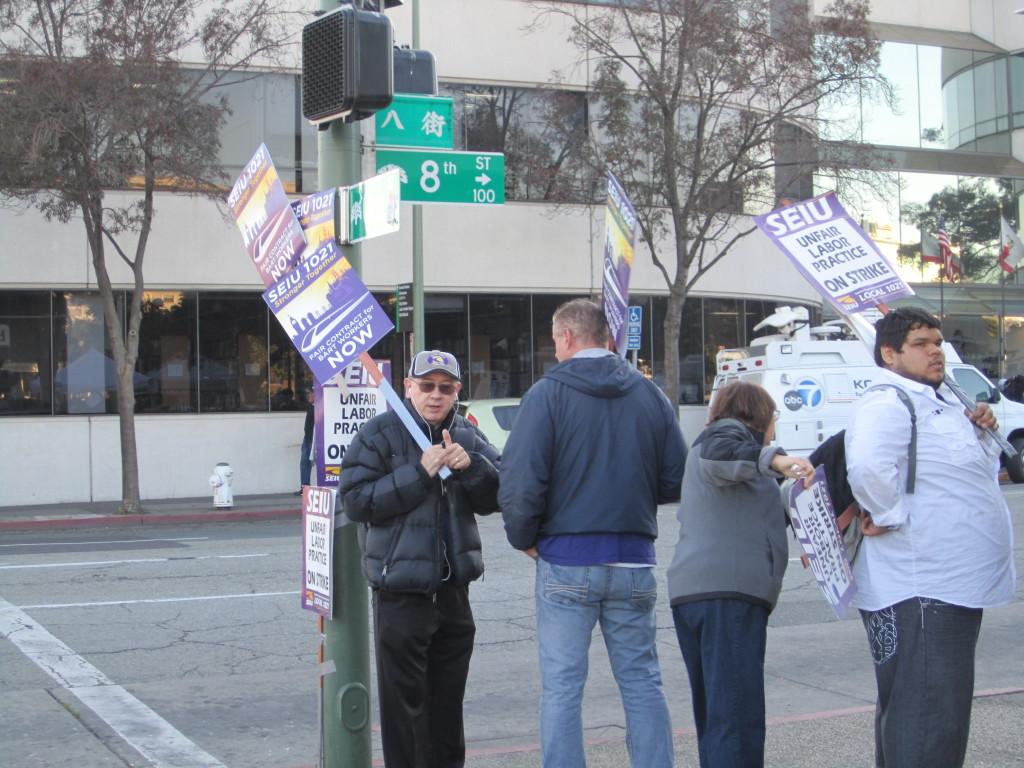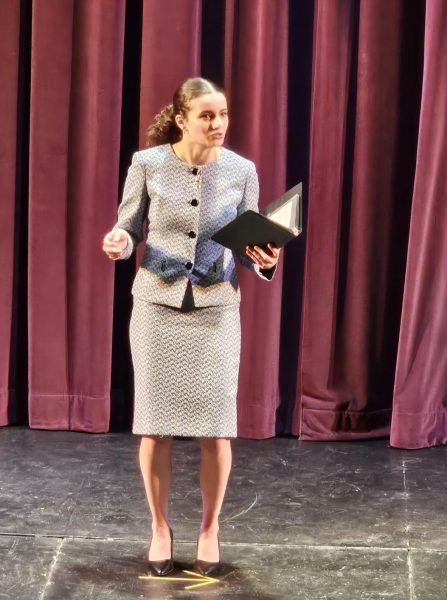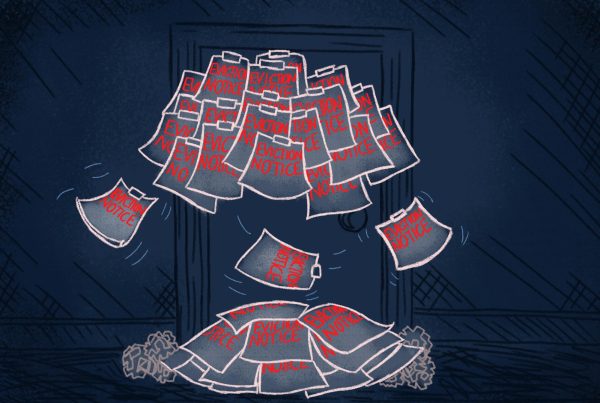Strike ends, BART still not on track
Protesters from the Service Employees International Union (SEIU) local 21 union protest at the Lake Merritt BART station in Oakland, Calif. on Monday, Oct. 21, 2013 (Collin James/ The Inquirer).
October 23, 2013
A strike that shut down the largest public transportation network in Northern California has come to an end as Bart union leaders and management struck a deal Monday night.
Trains will continue to run, but the drama is not over. The new union contracts need to be approved by the union, or else another round of negotiations will ensue.
The strike itself began when union leaders walked out during negotiations for new contracts in Friday, Oct. 18. The closure of Bart over those days offset 400,000 commuters who rely on the train system every day.
Many commuters were able to avoid the strike over the weekend, while hoping the situation would be resolved by Monday. Commuters who use the train system on a daily basis faced a conundrum getting to work and school Monday morning, experiencing traffic congestion. While some roads were surprisingly easy to navigate, others, like 24 west bound and I-880, were commuter nightmares, moving at a sluggish pace at best.
Despite the uproar across the bay from the strike, some students were unaffected by it. When asked how the strike would affect her commute, DVC student Narpreet Kaur said, “not at all. I have my car and I only come [to DVC] once a week.”
DVC student Eli Ziskin commutes across the Bay Area between work, school, and home and was unhappy with the actions that the unions took.
“I’m upset that people are complaining when they are making more than teachers and educators,” Ziskin stated. “[Their] salary is already satisfactory.”
Ziskin goes to school at DVC, but works in Pacifica to support himself. An ongoing strike would have been a major inconvenience to him. “It puts a limit on people,” he said.
Bart unions were demanding wage increases as well as an increase in health care and pension benefits. In addition, there has been a great concern for safety on the job following a maintenance accident killed two workers last Saturday.
While details on the events that took place are still scarce, it raises concern for the worker’s safety once the return to the job. Furthermore, it dispels the notion that Bart operators are simply “pressing buttons.”
Bart workers picketed at several stations, including Walnut Creek where the tragic accident took place. A larger rally was held at the Lake Merritt Bart Station in Oakland, right across the street from where the negotiations between management and the unions took place. Candles honoring the two workers who died adorned the sidewalk.
The public remains divided on whether or not to support the unions. While many ordinary citizens stood, marched and chanted along side the picketers, many blame the strike on the workers themselves. “I think it’s selfish for the unions to ask for so much more,” said student Zack Punty. His brother Chris added, “the unions are taking the hit on their reputation.”
Bart employees still need to approve the new contracts before the situation will be fully resolved. Cecile Isidro, a union representative from SEIU Local 21 stated, “it has to go through the members. They elect their leaders and representative and decide on the contracts.” She declined to state whether she felt the new contracts would be approved.
Despite all the headaches that the last few months have caused for Bart’s management, workers, and passengers, there is still time to reestablish trust. Bart can only function if there is a symbiotic relationship between the people responsible for running the train and the public.
















































































